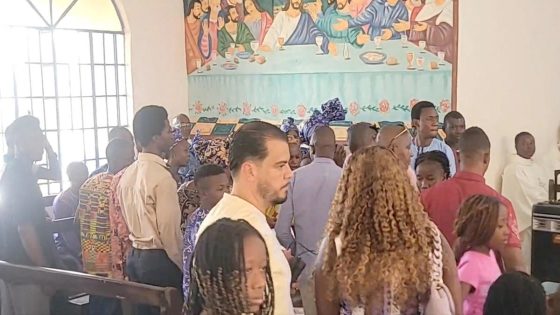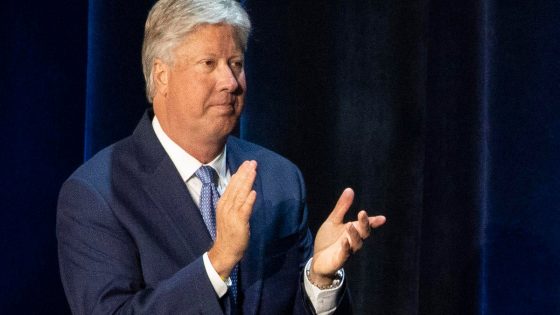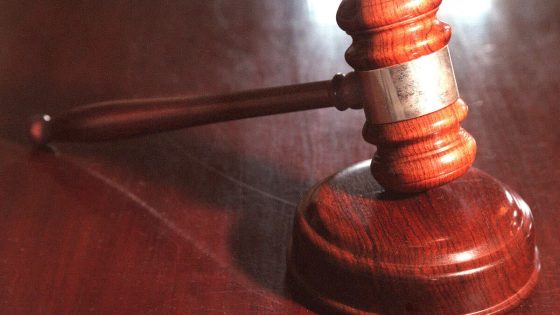An Idaho judge has made a pivotal decision in a high-profile murder case, permitting key evidence to remain in play against Bryan Kohberger, the man charged with killing four University of Idaho students. This ruling came during a court session on Wednesday, where Judge Steven Hippler affirmed that the methods employed in the genetic investigation were constitutional, dismissing arguments from Kohberger’s defense team that contended law enforcement violated his rights during the investigation.
- Idaho judge upheld key evidence against Kohberger.
- Genetic investigation process deemed constitutional.
- Kohberger silent during initial plea entry.
- Prosecutors may pursue death penalty if convicted.
- Victims' family advocates for harsh punishment.
- Defense motions to suppress evidence were denied.
The tragic events unfolded on November 13, 2022, in Moscow, Idaho, when Ethan Chapin, Xana Kernodle, Madison Mogen, and Kaylee Goncalves were stabbed to death in a rental home near the university campus. Their murders shocked the community and drew national attention, prompting a swift and intensive investigation. Kohberger was arrested in Pennsylvania in December 2022, and now faces four counts of murder in connection with this horrific crime.
The crux of the defense’s argument revolved around the use of Investigative Genetic Genealogy (IGG), a technique that leverages DNA evidence to trace potential relatives of suspects when traditional law enforcement databases yield no results. Kohberger’s attorneys argued that police did not obtain necessary warrants to analyze the DNA found at the crime scene or the DNA of relatives in genealogy databases. “We believe this evidence should be suppressed,” defense attorney Anne Taylor emphasized, suggesting that the process infringed upon Kohberger’s constitutional rights.
However, Judge Hippler was unyielding. He stated that for evidence to be excluded due to a warrantless search claim, the defense must demonstrate a valid expectation of privacy over the DNA collected. “Any privacy interest he can claim in this DNA was abandoned along with the sheath, to which he claims no ownership or knowledge,” said Hippler. The judge further ruled against other motions from the defense aimed at suppressing cellphone data and challenging the warrant process.
This ruling is significant as it streamlines the prosecution’s case ahead of the upcoming trial anticipated to begin in August. Despite no public access to the court during the proceedings, key portions of the trial will be livestreamed, allowing the public to follow developments in real time.
The victims’ families have expressed their frustration over the judicial process’s pace, highlighting the emotional strain of waiting for the case to progress. Kristi and Steve Goncalves, parents of Kaylee Goncalves, have voiced their strong feelings regarding the need for justice. Kristi, in particular, articulated her pain and anger, stating, “If he did anything like he did to our daughter to the others, then he deserves to die.” The family believes the severity of the crime warrants the death penalty, a stance that has garnered attention and created further discourse surrounding the trial.
Underpinning Kohberger’s case is the methodical approach used by authorities. When traditional forensic methods fail, investigators often rely on IGG to connect DNA profiles with potential family members. In Kohberger’s case, trace DNA found on a knife sheath led investigators to link him to the crime scene.
As the case unfolds, the eyes of the nation remain fixated on the trial, with many questioning the broader implications of the judicial processes at play. Will the decision of the court regarding the use of innovative forensic techniques set precedents for future cases? As of now, Kohberger’s fate hangs in the balance, and both the community and the families affected await the next chapter in this deeply tragic story.
































